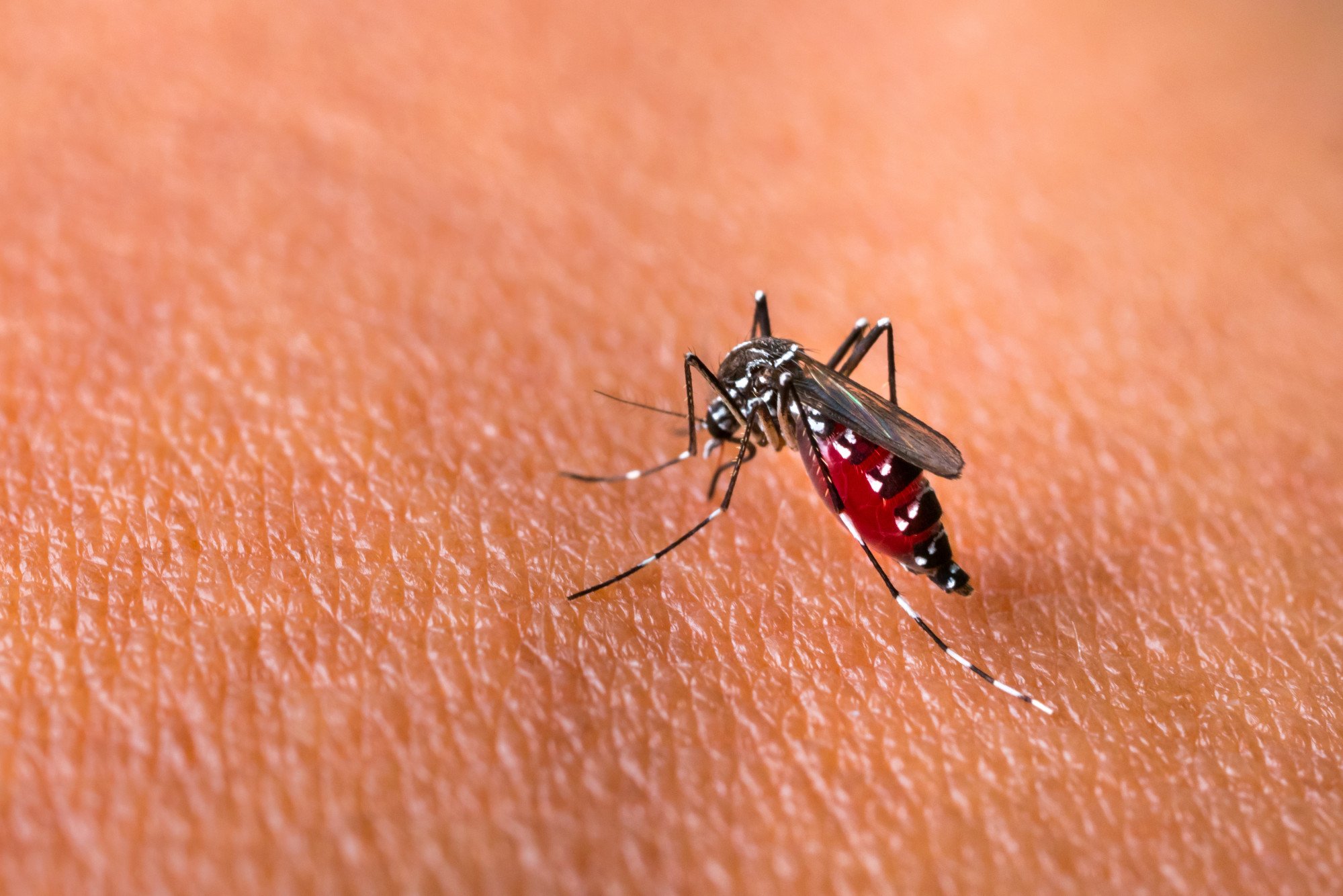Indonesia’s plan to release 200 million special mosquitoes to fight dengue in Bali sparks ‘lab rats’ criticism
In addition to Bali, the Yogyakarta programme would cover Semarang, Bandung and Jakarta in Java, and Kupang in East Nusa Tenggara, Siti said.
The programme involves injecting mosquitoes with Wolbachia bacteria, which has been shown to block the growth of viruses such as dengue fever, Zika and yellow fever in the mosquitoes. This reduces the mosquitoes’ ability to transmit viruses to people.
As Wolbachia-carrying mosquitoes breed with regular mosquitoes, they are meant to pass on the bacteria, creating a wider Wolbachia-infused population and thus reducing the spread of diseases.
The programme is part of a joint initiative between non-governmental organisation the World Mosquito Programme, Monash University in Australia, and Gadjah Mada University in Yogyakarta, and has been rolled out in 12 countries, covering 8.6 million people.
According to the Centre for Tropical Medicine at Gajah Mada University, the study, which began in 2011, found “a 77.1 per cent reduction in dengue incidence in Wolbachia-treated communities”.
However, Indonesian critics have accused the programme of being ill-thought through, arguing the initial study in Yogyakarta – which had surveyed 4,500 people – had not been tested on a large-enough sample of the population or a significant number of mosquitoes, having only been rolled out in the Sleman and Bantul districts of the city.
Michael Northcott, professor emeritus of ethics at the University of Edinburgh in Scotland, who has lived in both Yogyakarta and Bali since 2019, told This Week in Asia he was deeply concerned.
“I am not saying this is fraudulent or that there is any corruption here, just that this is based on one pilot study in Yogyakarta,” he said.
“This should not be done in Bali until there has been a large-scale replication in Yogyakarta. Have you seen Jurassic Park? Life evolves spontaneously, and attempts to intervene usually fail,” Northcott said.
“We are being told that these new mosquitoes have been bred in laboratories in Australia and that will no longer carry health-harming pathogens. None of us likes being bitten by mosquitoes, and now we are being told we have to be lab rats for these Australian mosquitoes.”

Indonesian scientist Richard Claproth, who is based in Bali, told This Week in Asia that a national risk assessment needed to take place before the programme went ahead in order to protect the Indonesian populace from any possible side effects of the programme.
“What happens if a mosquito bites a person and then there is a new pathogen? It could cause social unrest and class-action lawsuits,” he said.
He added that one of the issues with the Yogyakarta study was that any relative success of the programme did not automatically make it suitable in other regions.
“They claim that the study is credible, and let’s just say it is true, that still doesn’t mean that you can implement it in any part of Indonesia.”
However, Pandu Riono, an epidemiologist at Universitas Indonesia in West Java, said part of the resistance against the new programme was down to a failure with public messaging.
“The problem is communication and community engagement, whereas the programme [in Yogyakarta] was a success when the community was given information and the programme was rolled out,” he said. “So it could be a success if there were clearer communication.”
‘We need a solution’: Asia’s super-resistant mutant mosquitoes trigger alarm
‘We need a solution’: Asia’s super-resistant mutant mosquitoes trigger alarm
This Week in Asia approached a number of other local Balinese for their views on the programme, but those approached said they had never heard of it or did not understand the programme in enough detail to comment.
In addition to the ethical and health concerns, the programme could also present a number of legal issues, according to Bali-based lawyer Yulius Benyamin Seran.
“From a legal perspective, it is clear that the state is obliged to protect all Indonesian citizens from any potential threats from other countries or foreign institutions. So the state is obliged to carry out in-depth lab tests on these mosquitoes by involving experts in the field to ensure that the mosquitoes are truly safe before being released,” he said.
“In my opinion, the release of mosquitoes must be reviewed, lest it cause a new threat.”


